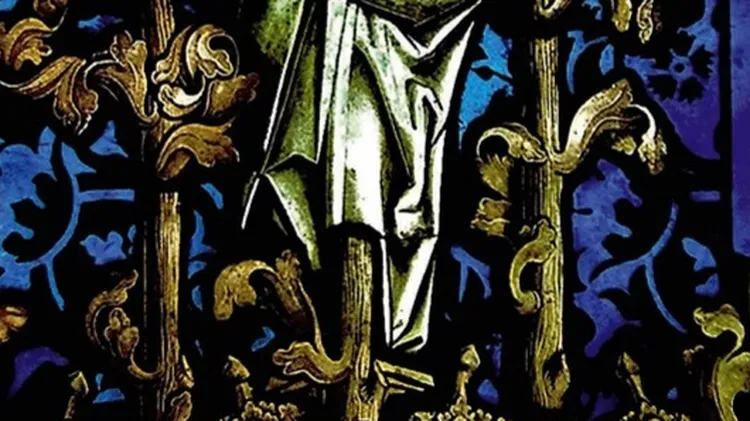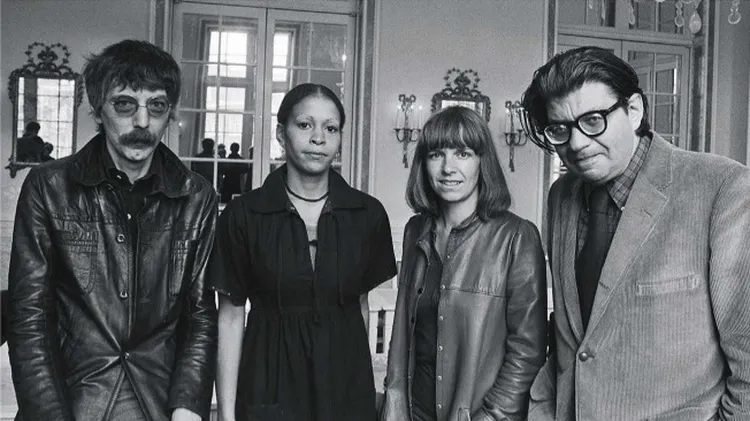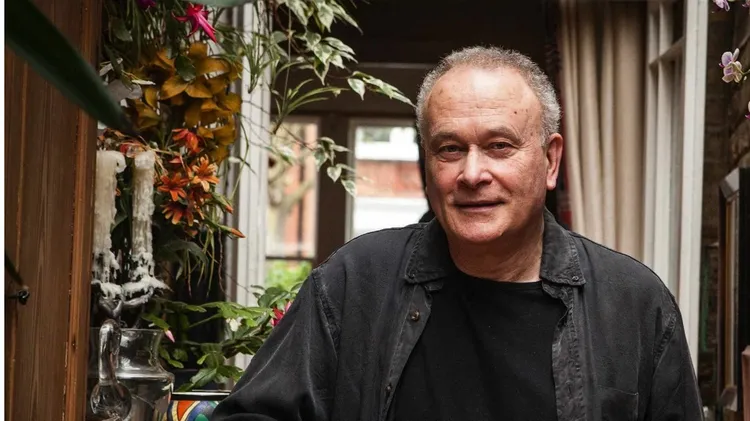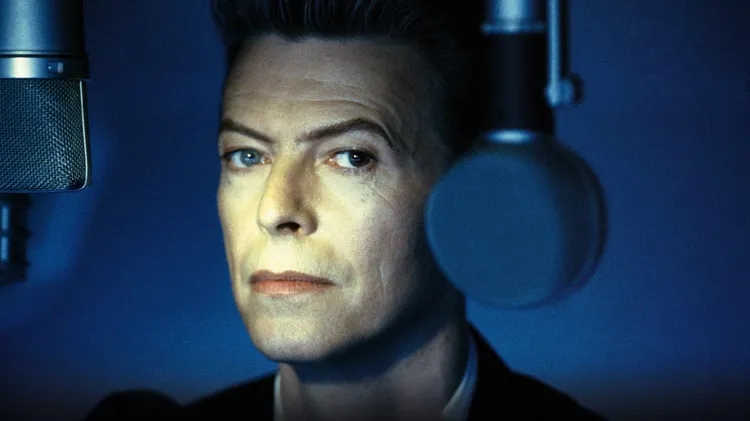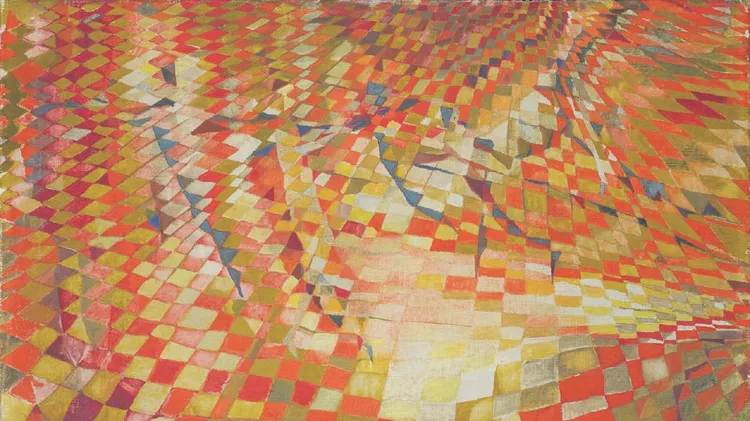Since forming in 2012, 12 Ensemble have resolutely followed their own mu
Quiet revolutionaries
9 min read
This article is from...
Read this article and 8000+ more magazines and newspapers on Readly

